A COMMUNITY built on diversity, equality and representation
We don't like Stereotypes and we don't f*ckwith Stigmas
Myra is committed to amplifying the voices of underrepresented communities and empowering them to tell their own stories through impactful influencer marketing campaigns.
At Myra, we understand that equality and representation amongst creators can sometimes be seen as unfair, which is why we’re committed to changing the landscape, in order, to make all creators have an equal chance of success.
Beneath, you can find some of the communities we hope to serve, as well as the reasons why we are so passionate about changing the industry we love.
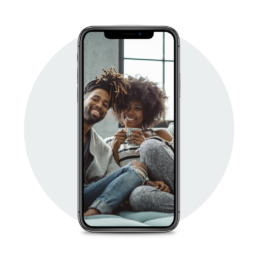
we love Ethnically Diverse Creators
The influencer equality pay gap
The MSL UK report on influencer pay, as well as revealing a 22 per cent pay gap between ethnically diverse and white influencers, also highlighted that when negotiating fees, white influencers are nearly three times more likely to generate a positive outcome than their counterparts.
unconscious bias continues to rule the industry
A study published in the Journal of Business Research found that unconscious bias can influence which influencers receive opportunities. The study found that brands were more likely to collaborate with influencers who fit traditional industry standards, which often excluded people of colour.
we live for LGBTQIA+ Creators
Less opportunities than ever
A recent study found that LGBTQIA+ influencers were less likely to receive brand collaborations than their straight counterparts, even when they had similar follower counts and engagement rates.
Conservative voices are still prominent in the influencer industry
A study published in the Journal of Marketing Management found that brands tended to avoid working with LGBTQIA+ influencers due to fears of backlash from conservative consumers.
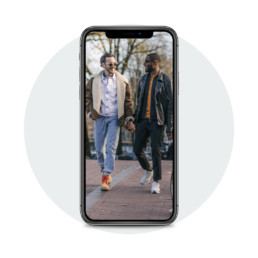
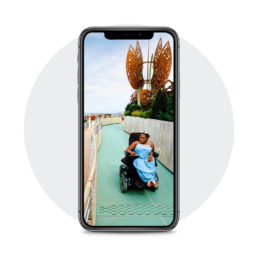
we can't get enough of Disabled Creators
Not all disabilities are visible
A recent survey found that 72% of disabled people felt that the media portrayed them inaccurately. At Myra, we understand that the majority of disabilities are not visible, which is why we are committed to working with creators who identify as living with physical, sensory, cognitive, psychiatric, chronic and traumatic illnesses. So whether you’re focussing on content to do with recovering from cancer or ADHD, we’ll do our best to help you showcase your true potential.
A fear of offending
Disabled creators are often left out of casting lists due to brands being scared of offending at some point during the campaign. We think this view is outdated, and encourage both brands, and creators to open up difficult conversations. Learning about disabilities is an on-going process for many marketers, so the more conversations we have around making campaigns, and venues more accessible, the quicker we get rid of the stigma around working with disabled creators.
theres always room for Mental Health Creators
Remove the stigma around not being okay
A survey conducted by the mental health charity Mind found that 82% of people with mental health problems felt that media coverage of mental health issues was stigmatising. The more coverage that we can give to mental health creators, the higher the chance that content around suffering becomes normalised in everyday life.
The statistics suggest that mental health influencers face stigma and discrimination that limit their opportunities and compensation. Additionally, the underfunding of mental health services and resources may contribute to the lack of representation and opportunities for mental health influencers in the industry.
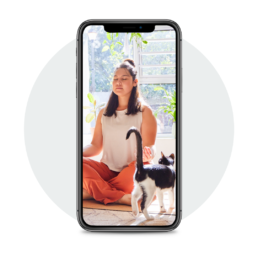
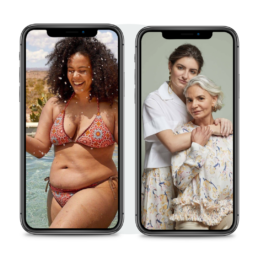
we break down barriers with Body and Age Positive Creators
At Myra, we believe in promoting inclusivity and diversity in all aspects of influencer marketing. That’s why we are committed to working with both age and body positive creators. In today’s society, there is a growing demand for representation of people who may not fit into the traditional meaning of beauty standards.
According to a recent survey, 70% of women do not feel represented in advertising and media. Furthermore, ageism is a prevalent issue in the industry, with 62% of people over 50 feeling underrepresented in media.
By partnering with age and body positive creators, we are not only helping to break down societal stereotypes, but also connecting with a significant and underrepresented audience. Our creators offer unique perspectives and stories that resonate with diverse groups of individuals, which can ultimately drive brand growth and loyalty.
